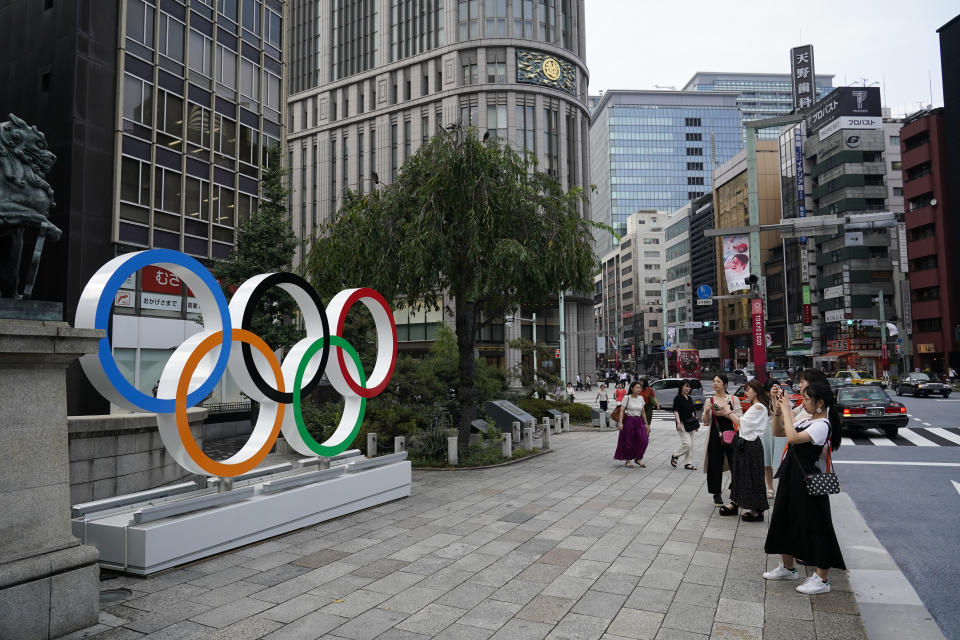USOC chair: Proving Russian athletes are clean for Tokyo Olympics will be ‘incredibly difficult’

With Russia officially banned from international competitions for the next four years, it will be tough for any Russian athletes to compete at the Tokyo Olympics next summer.
Proving that they are clean, U.S. Olympic and Paralympic Committee board chair Susanne Lyons said, will be an “incredibly difficult” task.
“It’s very difficult for us to see how justice can be served and how there will be a true deterrent against future corruption if any of the athletes from Russia have a right to compete in Tokyo under any flag, neutral or otherwise,” Lyons said Friday night, via USA Today. “Put simply, the past sanctions have not been effective, and we simply can’t afford a similar outcome once again.”
The World Anti-Doping Agency banned Russia from all international competitions, including the Olympics and World Cup, for four years on Monday after failing again to comply with investigations into its widespread state-sponsored doping.
Russia was suspended as a country from the 2018 Winter Olympics in PyeongChang, South Korea, too, after investigations revealed widespread corruption within its anti-doping agency and alleged that more than one thousand athletes were involved in state-sponsored doping.
Russian athletes were allowed to participate under a neutral flag at the 2018 Olympics if they could prove they were clean.
Doing so in 2020 after continued violations, Lyons said, will be tough — especially since Russia has repeatedly failed to comply with an ongoing WADA investigation and continued to alter and fabricate data. That continued manipulation, per USA Today, will prevent WADA from continuing doping cases against 145 Russian athletes.
“The real question is, ‘How will we know?’” Lyons said, via USA Today. “If the data truly has been corrupted, which it seems the reports would indicate it has, it’s very unclear how you can decide and siphon out who’s been part of the doping and who has not.”
Lyons, though, insisted she isn’t supporting a “blanket ban” of all Russian athletes.
If they can find a way to truly prove they are clean, Lyons would welcome them into the games with open arms.
“If there is a way that it is able to determine that there are Russian athletes who are clean, we will support their right to compete,” Lyons said, via USA Today. “I think we just find it challenging to understand how that will happen for many of those athletes.”
More from Yahoo Sports:

